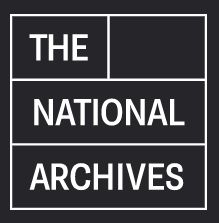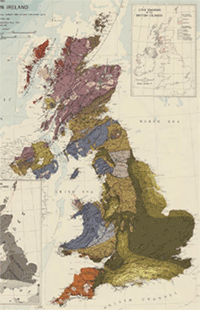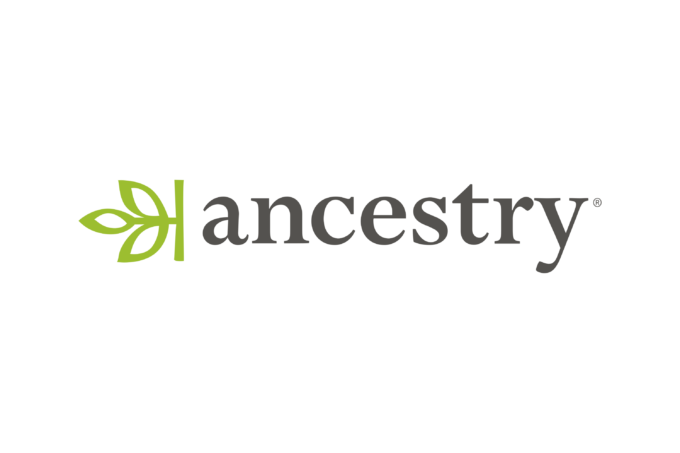Miscellaneous items I found of interest during the week.
Quick Draw
I went 0/5. Can you do better?
How to Copy and Paste on Sites that Won’t Let You
Irish Landed Estates
Back online, a database of landed estates and historic houses in Connacht and Munster, c. 1700 – 1914. (via Claire Santry’s Irish Genealogy News).
LAC Mailing Address
The address is changed from 395 Wellington to:
Library and Archives Canada
550 de la Cité Boulevard
Gatineau, Quebec
J8T 0A7

1950 United States Federal Census
Perhaps like me, you can’t get that excited about this new US census release. I only have one fairly distant line that I know of that would be in the US at the time. The name is quite common, I can wait until the census is fully indexed.
On release by the US National Archives and Records Administration on 1 April there were images of the original records and a name-only index compiled by handwriting recognition — much better than nothing.
Ancestry, in partnership with FamilySearch is working on more complete transcriptions to facilitate searches. As I write Arizona, Utah, Idaho and Oregon are completed. Images of the complete census are available free.
MyHeritage is also producing transcriptions with all records from Delaware, Vermont, Wyoming and American Samoa available. Images of the complete census are available free.
Thanks to this week’s contributors. Ann Burns, Anonymous, Brenda Turner, Gail B., Teresa, Toni, Unknown.


 The FreeBMD Database was updated on Wednesday 6 April 2022 to contain 284,660,839 unique records,
The FreeBMD Database was updated on Wednesday 6 April 2022 to contain 284,660,839 unique records,  You can now access service files for the Corps of Royal Electrical and Mechanical Engineers regiment transferred to the UK National Archives from the Ministery of Defence. They are individually catalogued online in WO 420.
You can now access service files for the Corps of Royal Electrical and Mechanical Engineers regiment transferred to the UK National Archives from the Ministery of Defence. They are individually catalogued online in WO 420. UK Quaker Deaths entries in this collection document in more or less detail the lives of many Quaker members. Most have standard biographical information – name, age, death date, position within the Society. More notable people may rate obituaries, even two or three pages.
UK Quaker Deaths entries in this collection document in more or less detail the lives of many Quaker members. Most have standard biographical information – name, age, death date, position within the Society. More notable people may rate obituaries, even two or three pages. The
The 
 Perhaps your attention is immediately grabbed by MAPS on this magazine cover.
Perhaps your attention is immediately grabbed by MAPS on this magazine cover. Mostly derived from newspaper listings are the following updates.
Mostly derived from newspaper listings are the following updates.